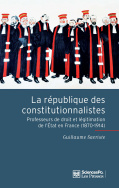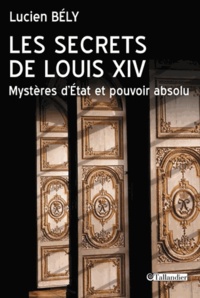 What: Seminar: "Regole di cittadinanza e strategie di potere tra Medioevo ed Età Moderna"
What: Seminar: "Regole di cittadinanza e strategie di potere tra Medioevo ed Età Moderna"
Where: Dipartimento di Giurisprudenza - Università “Roma Tre” - Via Ostiense 161, Stanza 278, II piano
When: March-December 2013
The seminar, which takes place within the framework of the PIMIC Project (Power and Institutions in Medieval Islam and Christendom), is organized by Sara Menzinger, Giuliano Milani and Massimo Vallerani
Program:
4 March 2013, h. 15.30
Cives prima della cittadinanza: percezioni di identità collettive urbane tra IX e XI secolo nell’Italia centro-settentrionale
Chris Wickham: l’XI secolo lombardo
Mario Ascheri: Privilegi per le città nella crisi post-carolingia
22 March 2013, h. 15.30
Cittadinanza politica nel Medioevo bizantino e islamico
Marco Di Branco: Cittadinanza e rivolte nel Medioevo bizantino
Patrick Lantschner: Civic revolts in Italian and Islamic cities between Late Middle Ages and Early Modern Times (14th-16th century)
19 April 2013, h. 15.30
Doveri fiscali e forme di appartenenza alla comunità cristiana e alla civitas
Michel Lauwers: La decima come simbolo di appartenenza alla comunità cristiana (titolo provvisorio)
Sara Menzinger: Pagare per appartenere: giustificazione teorica del prelievo tra XII e XIII secolo
Massimo Vallerani: Obblighi fiscali e livelli di cittadinanza nei comuni italiani
24 May 2013, h. 15.30
Esclusione dalla cittadinanza: forme di allontanamento materiale e perdita di diritti politici e civili
Giuliano Milani: forme di esclusione politica dalla civitas
Giacomo Todeschini: Forme di esclusione dalla comunità (titolo provvisorio)
21 June 2013, h. 15.30
Forme di diminuzione della cittadinanza
Antonia Fiori:infamia e purgatio nel pensiero ecclesiastico
Massimo Vallerani: fama e infamia nel mondo comunale
Caterina Bori: il ruolo della fama nel processo islamico (XIV sec.)
19-21? September 2013
Paolo Cammarosano: tema da definire
25 October 2013, h. 15,30
Forme di appartenenza alla civitas nell’Italia meridionale (XII-XVI sec.)
Vito Lorè
Serena Morelli
22 November, h. 15.30
Costruzione di teorie di cittadinanza per il mondo coloniale
Enrica Rigo
Luigi Nuzzo
December 2013
Cittadinanza politica in Dante
Justin Steinberg (l’opera): uso di regole ed eccezioni di cittadinanza nella Divina Commedia
Giuliano Milani (la biografia): la perdita di cittadinanza di Dante, da fiorentino di nascita a fiorentino politico























